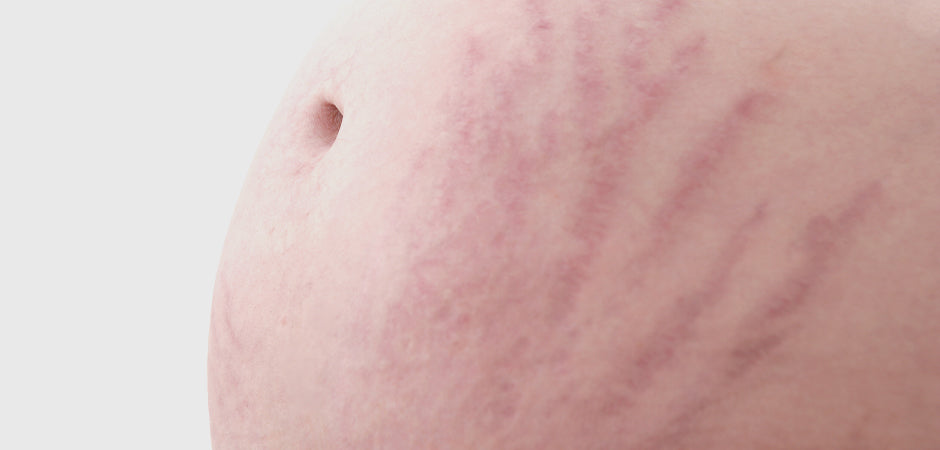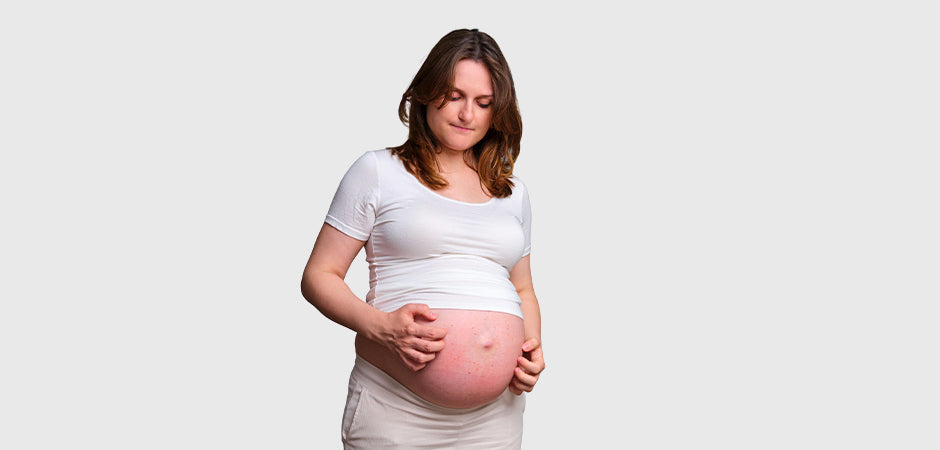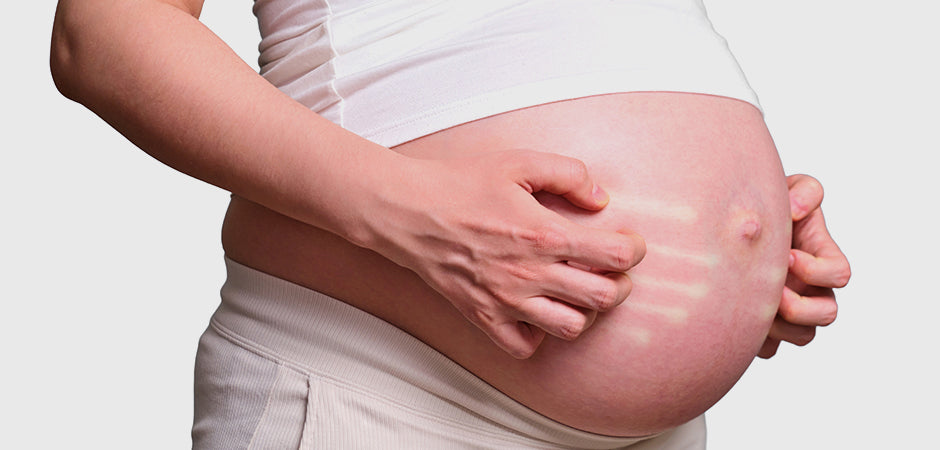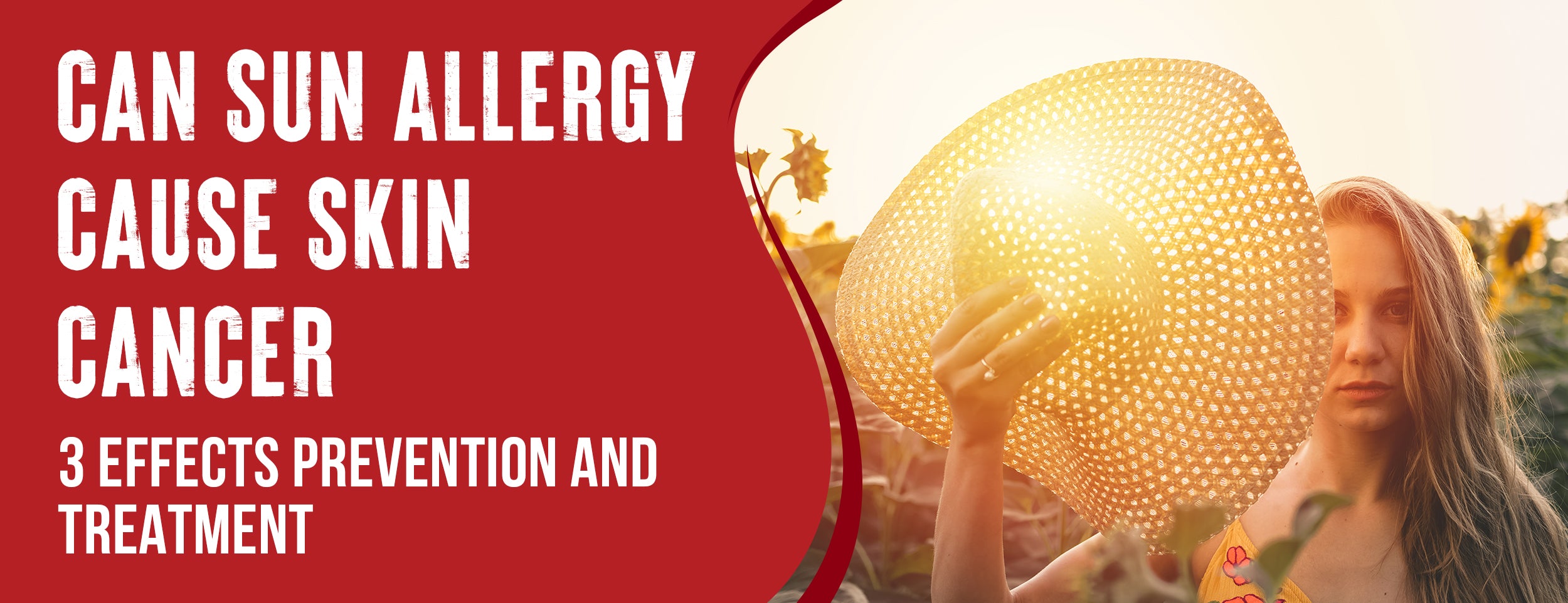During pregnancy, hormonal activity results in physiological changes. Eczema-prone women may experience flare-ups requiring dermatology treatment. Pregnant mothers can focus on caring for their babies once skin disorders are resolved and controlled.
Itchy rashes are common during pregnancy. The PUPPP's, or pruritic urticarial papules and plaques of pregnancy, are the most common pregnancy rashes.
Scratchy, red patches often develop around stretch marks, especially in the last days of pregnancy when the belly is most stretched and can spread to the legs, arms, and buttocks.
This blog post will explain common skin conditions during pregnancy and the best ways to treat skin irritation during pregnancy.
Skin Irritation During Pregnancy: 16 Common Conditions

Women love being pregnant because it's an exciting time but brings many changes. One of the most common changes is skin irritation. From stretch marks to acne to more unique conditions like PUPPP, here are some of the world of pregnancy-related skin disorders.
Stretch Marks
The most common skin change during pregnancy. They appear as pink, red, purple, or dark brown streaks on your skin. Usually, they show up on the belly, breasts, hips, or thighs. Hormonal changes and skin stretching from the growing baby cause these marks. While it's hard to prevent them, moisturizing your skin can help lessen their appearance.
Acne
Hormonal fluctuations during pregnancy can cause an increase in oil production, leading to acne. It's crucial to avoid certain acne medications during pregnancy, as they can harm the baby. Instead, opt for gentle cleansing routines and avoid oil-based cosmetics.
Skin Tags
Skin tags form when the skin experiences friction. They are harmless and go away on their own after pregnancy. A dermatologist can easily remove these small, fleshy bumps if they become bothersome.

PUPPP
PUPPP is a skin condition that can cause red, itchy bumps and hives in pregnant women's belly. It usually starts appearing in the third trimester but is not harmful to the baby. Though uncomfortable, it can be treated with topical creams or ointments.
Heat Rash
Heat rash is another joint and skin irritation during pregnancy. A small, itchy, red bump appears on the skin, often in folds or areas where clothing causes friction. Staying cool and dry and wearing loose-fitting clothes can help prevent heat rash.
Hives
If you experience red, itchy hives while pregnant, contact your healthcare provider. The causes of hives include certain foods, medications, and stress. Getting proper medical advice to determine the cause and treatment is essential.
Atopic Eruption of Pregnancy
Atopic eczema is a type of eczema that may have a genetic cause, leading to the production of antibodies in response to specific triggers. This condition handles approximately 50% of skin conditions during pregnancy.
ICP (Intrahepatic Cholestasis of Pregnancy)

ICP is a liver disorder that happens during pregnancy. It hurts your palms and soles but can spread to other body parts. ICP can pose risks to the baby, so prompt medical attention is essential.
Impetigo Herpetiformis
A rare skin condition characterized by pus-filled blisters that may occur during the third trimester of pregnancy. Medical attention is needed immediately to prevent complications and ensure mom and baby are healthy.
Pemphigoid Gestationis
This rare skin condition can be dangerous for pregnant women as it causes significant, itchy, and red welts or blisters on the abdomen, arms, and legs. Immediate medical attention is necessary to avoid any potential risks to the baby's health.
Melasma
Melasma, commonly called the pregnancy mask, is a skin condition that causes brown patches to appear on the face. To prevent it from getting worse, it's essential to wear sunscreen and a hat while outdoors, as sun exposure can exacerbate the condition.

Perioral Dermatitis
This skin condition causes red bumps around the mouth, nose, or eyes. Hormonal changes, certain cosmetics and skincare products, or stress can trigger it. Treatment typically involves avoiding the irritant and using topical medications.
Psoriasis
This skin condition causes red, scaly patches. Hormonal changes during pregnancy can make it worse. This makes it essential for pregnant women to be aware of the possibility and take necessary precautions to manage the condition.
Atopic Dermatitis
During pregnancy, women may experience flare-ups of atopic dermatitis, also known as eczema. The condition can cause dry, red, and itchy skin, usually on the face, feet, or hands. Seeking medical advice can help manage and ease the discomfort associated with this skin condition.
Prurigo of Pregnancy
Pregnancy Prurigo causes small, itchy bumps resembling insect bites to appear on the body. These bumps can develop anywhere during pregnancy and can cause discomfort to the expecting mother.
Pruritic Folliculitis

There is a condition that causes acne-like spots on the body. These bumps are usually itchy and can be found on the arms, legs, chest, or back. You should consult a dermatologist if you experience this condition during pregnancy.
Treating Tips for Skin Irritation During Pregnancy
A woman's body changes significantly during pregnancy, but it's also exciting. Skin irritation is quite joint among these changes. However, there are many ways to manage and ease these discomforts. Let's delve into some effective strategies for treating skin irritation during pregnancy.
Home Remedies
- Skin Clean and Dry: One of the essential steps in managing skin irritation during pregnancy is maintaining cleanliness. A gentle, unscented cleanser can help avoid further skin irritation from harsh chemicals in scented products. Washing with cool water instead of hot or cold water can prevent skin dryness and keep anger at bay.
- Moisturizing the Skin: Applying an unscented moisturizer or emollient after washing or bathing can lock in lipids and keep skin hydrated. This step is especially crucial after showers or hand washing when the skin loses moisture. It's best to apply moisturizer while the skin is still slightly damp to maximize absorption.
- Avoiding Irritating Products: Certain products like harsh soaps or perfumes can exacerbate skin irritation. If you notice any product causing discomfort, it's advised to discontinue its use and switch to gentler alternatives.
- Wearing Loose, Soft Fabrics: Tight clothes can rub against the skin, causing friction and irritation. Opting for loose, soft fabrics like cotton or linen can allow your skin to breathe and reduce the risk of irritation.
- Using Cool Compresses: Cool compresses can provide immediate pain relief from skin irritation. Making a cold compress possible by soaking a cloth in cool water, wringing out the excess water, and then gently placing it on the irritated skin.
- Colloidal Oatmeal Baths and Calamine Lotion: Colloidal oatmeal baths have soothed itching and reduce inflammation. Similarly, applying calamine lotion can also provide relief from itchiness. However, it's essential to patch-test these products on a small skin area first to ensure they don't cause further irritation.
- Numbing Cream: Severe burning, irritation, or signs of an allergic reaction warrant medical attention. If possible, numb your skin with Dr. Numb cream to prevent serious reactions.
- Avoid Scratching: While scratching might provide temporary relief, it often worsens skin conditions and can lead to infection. Keep your nails short and smooth to prevent damage if you scratch.
- Hydration: Keeping yourself hydrated is crucial during pregnancy. Drinking plenty of water helps maintain the moisture level of your skin from the inside out and can reduce dryness and itching.
- Avoid Hot Showers: Hot water strips the skin of its oils, leaving it itchy and dry. Make sure your showers are lukewarm and only 10-15 minutes long.

Medication for skin irritation during pregnancy
Your healthcare provider can recommend medication if home remedies aren't effective. During pregnancy, it's essential to get approval from your provider before taking any medication, including over-the-counter options. Antihistamines and corticosteroids usually ease the itching within a day or two. Your healthcare provider may suggest trying the following:
- Anti-itch creams.
- Antihistamine pills.
- Corticosteroids.
Conclusion
There you have it, pregnant moms, a comprehensive guide to the most common skin irritations during pregnancy and how to manage them. Remember, these changes are temporary and can be managed effectively with the right strategies. You're doing a fantastic job navigating the challenges of pregnancy, and this is just another part of the adventure.
Be sure to consult your doctor before starting any medication, and don't stress too much because it will all go away after you've given birth. So here's to glowing health and memorable motherhood. Stay comfortable, stay confident, and stay tuned for more pregnancy care tips.

![16 Common Conditions that Cause Skin Irritation During Pregnancy [Treatment Tips]](http://drnumb.com/cdn/shop/articles/Skin_Irritation_During_Pregnancy__16_Conditions_9_Home_Remedies.jpg?v=1714623144&width=1100)









![The Most Common Food Allergies That Cause Itchy Skin [6 Common Symptoms]](http://drnumb.com/cdn/shop/articles/Can_Food_Allergies_Cause_Itchy_Skin__17_Listed_6_Symptoms_Common.jpg?v=1714999986)



